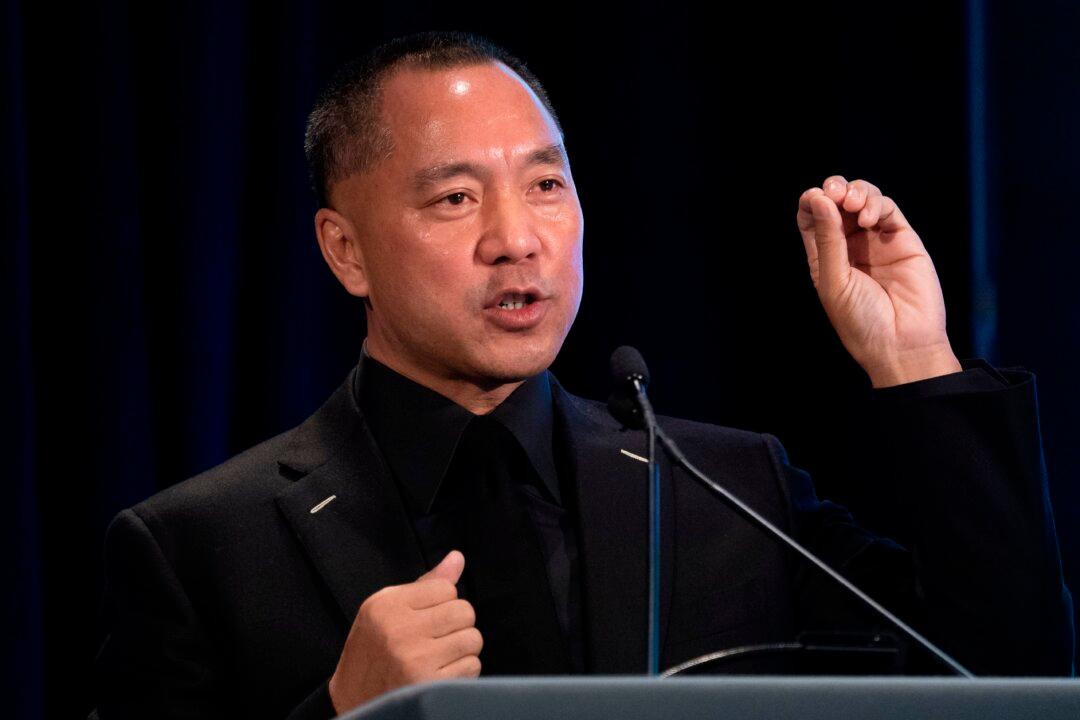NEW YORK—U.S. prosecutors have arrested exiled Chinese businessman Guo Wengui, accusing him of orchestrating a scheme to defraud more than $1 billion from his online followers.
Guo, also known as Miles Guo, faces an 11-count indictment charging him with wire fraud, securities fraud, bank fraud, and money laundering, according to a Justice Department statement.





